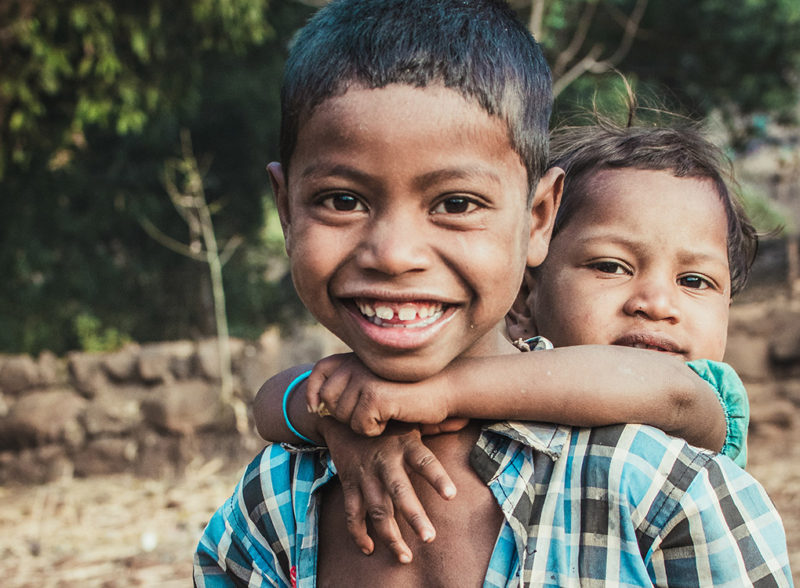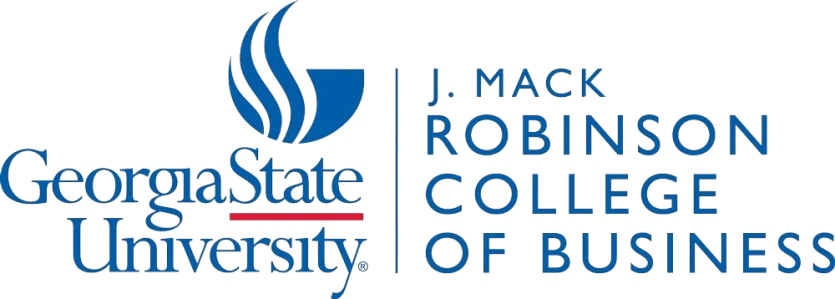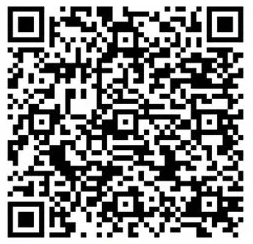The Socio-Culture Environment in Nigeria
Regions and Languages
- Languages spoken in Nigeria are English (official), Hausa, Yoruba, Igbo (Ibo), Fulani, and over 500 additional indigenous languages.
- There are many different religions in Nigeria. Muslim 53.5%, Roman Catholic 10.6%, other Christian 35.3%, other .6% (2018 est.)
- Hausa 30%, Yoruba 15.5%, Igbo (Ibo) 15.2%, Fulani 6%, Tiv 2.4%, Kanuri/Beriberi 2.4%, Ibibio 1.8%, Ijaw/Izon 1.8%, other 24.9% (2018 est.).
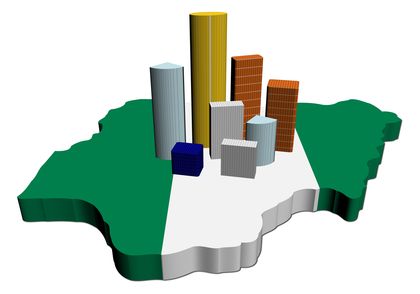
Population
- Population in Nigeria is about 59,910,958 (2022, 24th most populous globally)
- Population Growth Annual Rate: 1.12% (2022)_ranked 111 globally
- Urban Population: 52.75% (2022)
- Infant Mortality Rate: 72 per 1,000 births (2022)- ranked 4 globally.
- Life Expectancy at birth: 55.02 years (2020).
- 2.76% of the population ages 65 and above, is the 38th highest in Africa and 168 globally (2021)
- The age dependency ratio for Nigeria is 86.67% ranking 15 in Africa and 15 globally (2021).
- Nigeria is a significant source for cannabis cultivation and methamphetamine production; a major place for transnational drug trafficking networks that supply cocaine to Asia and Europe, heroin to Europe and North America, and methamphetamine to South Africa, Southeast Asia, Australia, and New Zealand
- Widespread lack of access: due to persistent civil conflict in the northern areas, localized shortfalls in cereal production, and high food prices – according to the latest analysis, about 19.45 million people are projected to be in need of humanitarian food assistance between June and August 2022, owing to the deterioration of security conditions and conflicts in northern states, localized shortfalls in staple food production, high food prices and reduced incomes.


- Human traffickers exploit domestic and foreign victims in Nigeria along with victims from Nigeria abroad; internal trafficking involves recruiting victims from rural areas for commercial sex and forced labor in domestic work, street vending, mining, agriculture, begging, and textile.
- Human flight and brain drain index is 6.6/10 making it the 28th lowest in Africa and 552ndhighest globally (2022)
- Nigeria has been hobbled by the inadequate power supply, lack of infrastructure, delays in the passage of legislative reforms, an inefficient property registration system, restrictive trade policies, an inconsistent regulatory environment, a slow and ineffective judicial system, unreliable dispute resolution mechanisms, insecurity, and pervasive corruption.
- Over 62% of Nigeria’s over 180 million people still live in extreme poverty.
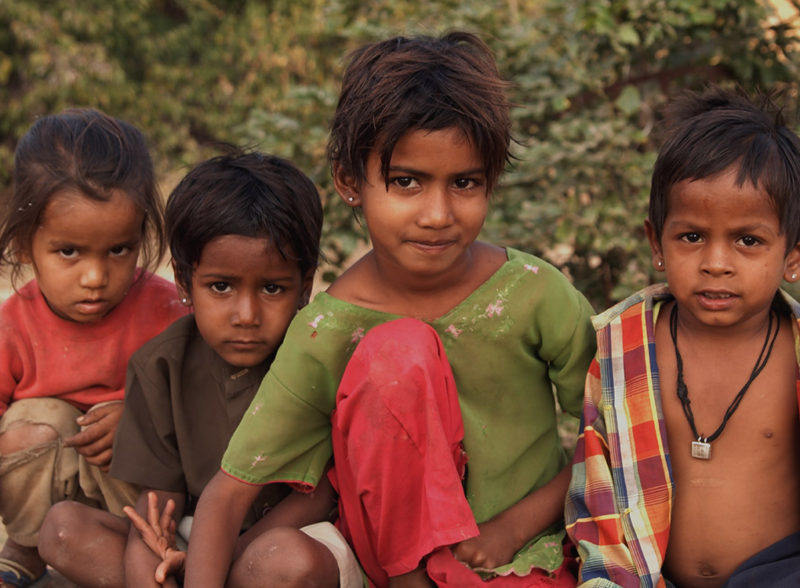
Healthcare in Nigeria
- Nigeria has 35.8 points, the 42nd highest healthcare price index in Africa and 129th highest globally (2017).
- Nigeria has 114deaths of children under 5 years per 1000 live births, the 2nd lowest in Africa and the 2nd highest globally (2020)
